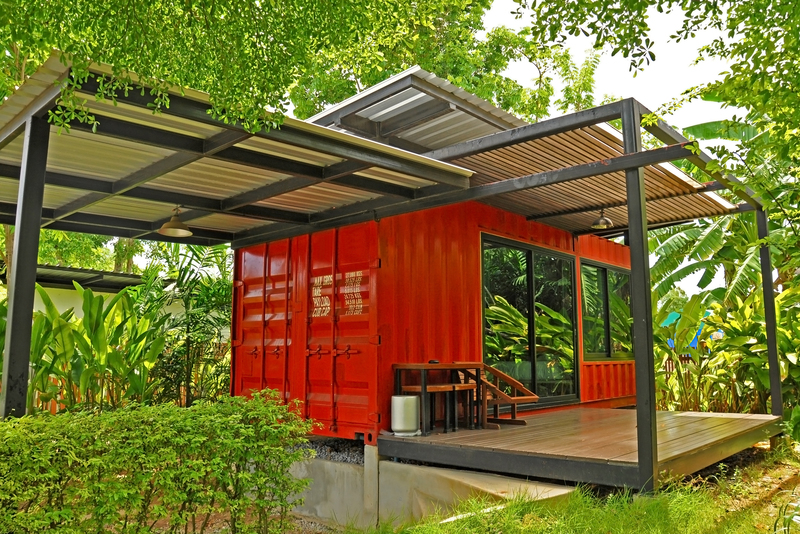How to Participate in Local Glass Recycling Programs
With the global push for environmentally-friendly practices, glass recycling programs have become a vital initiative in many communities. Ensuring that glass is recycled and reused can significantly reduce landfill waste and conserve natural resources. This comprehensive guide will walk you through the steps to become an active participant in your local glass recycling efforts.
Understanding the Importance of Glass Recycling
Before diving into the details of participation, it's crucial to grasp why glass recycling is essential. Glass is 100% recyclable and can be recycled endlessly without loss in quality. By recycling glass, communities can save significant amounts of raw materials, conserve energy, and reduce emissions. Here are some benefits:
- Resource Conservation: Recycling glass reduces the need for raw materials like sand, soda ash, and limestone.
- Energy Savings: Recycled glass melts at a lower temperature than raw materials, resulting in energy savings.
- Reduction in Landfill Rates: Every ton of glass recycled saves about 1,300 pounds of sand, 410 pounds of soda ash, and 380 pounds of limestone.

Locating Your Local Glass Recycling Program
Research Local Facilities
The first step towards participation is identifying where you can recycle glass locally. Here's how you can find these facilities:
- Government Websites: Local government websites often have information about municipal recycling programs.
- Environmental Organizations: Non-profits focusing on waste reduction and recycling are a good resource.
- Community Forums: Online platforms or social media groups can offer insights and experiences from other residents.
Check for Special Requirements
Not all glass is recyclable at every facility. Some programs might have specific guidelines about what types of glass they accept. It's important to:
- Ensure glass is cleaned: Remove food residues and rinse bottles or jars.
- Avoid mixing different colors: Some facilities require separation by color for higher efficiency.
- Exclude non-recyclable glass: Items like ceramics, Pyrex, and mirrors may not be accepted.
Preparing Glass for Recycling
Proper Cleaning Techniques
Before dropping off your glass, it's essential to ensure it's adequately cleaned. Here are some quick tips:
- Use warm water and soap to rinse out jars and bottles.
- Remove labels if required, though some facilities accept labeled glass.
- Ensure all caps or lids are removed; these materials may need separate recycling.
Sorting Glass
Sorting glass by color or type might be necessary. This task helps recycling facilities effectively process the glass into reusable material. Consider the following:
- Clear Glass: Bottles like those for soft drinks, certain types of food jars.
- Colored Glass: Green and brown bottles usually require separation.

Engaging with Community Initiatives
Active involvement in local initiatives can enhance the impact of your efforts:
Join Community Events
Consider participating in or volunteering for community cleanup and awareness events. These can provide opportunities to learn and contribute:
- Recycling Drives: Encourage neighbors to join and facilitate mass drop-offs.
- Workshops: Attend or organize local sessions to educate about the benefits and methods of glass recycling.
Advocate for Improved Facilities
Lend your voice to calls for improved recycling infrastructure. You can:
- Contact local representatives to push for better recycling services and education.
- Promote the establishment of new
glass recycling drop-off locations in underserved areas.
Conclusion
Participating in local glass recycling programs is not just about disposing of glass properly -- it's a commitment to a more sustainable future. By understanding and engaging with your community's recycling efforts, advocating for improvement, and educating others, you can contribute significantly to reducing the environmental impact and conserving essential resources. Start today by researching your local facilities and getting involved in community initiatives. Your efforts can lead to a cleaner, healthier planet.